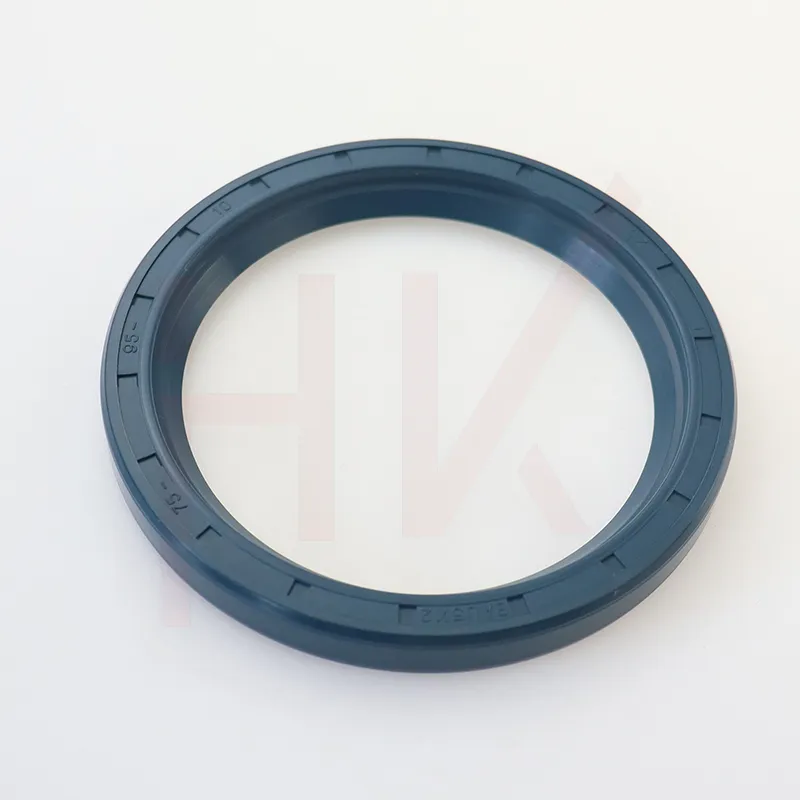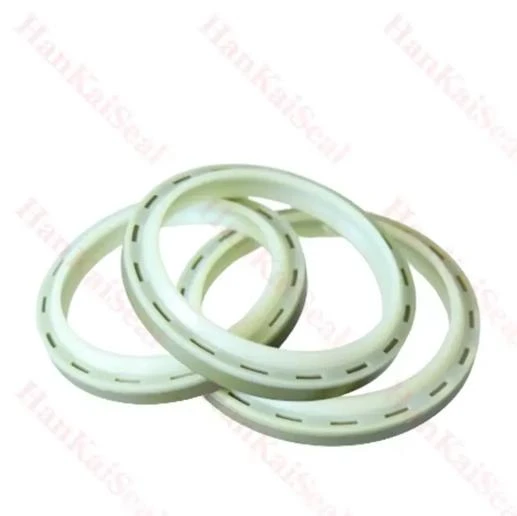Jan . 16, 2025 03:26 Back to list
oil seal tcv


The significance of oil seals extends beyond mere functionality. They contribute to environmental protection by preventing oil spills and leaks, which can have detrimental effects on the environment. Furthermore, by ensuring that machinery operates efficiently and effectively, oil seals play a part in reducing overall energy consumption and supporting sustainability goals. Advancements in technology and manufacturing processes have led to the evolution of oil seal design and materials. Innovations such as low-friction seals and the use of novel materials enhance the performance and reliability of these components. Consequently, they provide a greater degree of assurance to industries reliant on modern machinery. In conclusion, the purpose of oil seals transcends their basic function of sealing and lubricating. They are a fundamental component that upholds the performance, efficiency, and longevity of machinery across a variety of industries. Their role in protecting against contaminants, preserving lubrication, and supporting environmental sustainability underscores their indispensability. As technology continues to advance, oil seals will undoubtedly evolve, offering even greater benefits and reaffirming their critical importance in industrial applications.
-
Understanding Oil Seals and Their Role in Machinery Efficiency
NewsApr.08,2025
-
The Importance of Seals in Agricultural and Hydraulic Systems
NewsApr.08,2025
-
Essential Guide to Seal Kits for Efficient Machinery Maintenance
NewsApr.08,2025
-
Choosing the Right TCV Oil Seal for Your Machinery
NewsApr.08,2025
-
Choosing the Right Hydraulic Oil Seals for Reliable Performance
NewsApr.08,2025
-
A Comprehensive Guide to Oil Seals and Their Applications
NewsApr.08,2025
-
The Importance of High-Quality Oil Seals in Industrial Applications
NewsMar.26,2025
Products categories
















